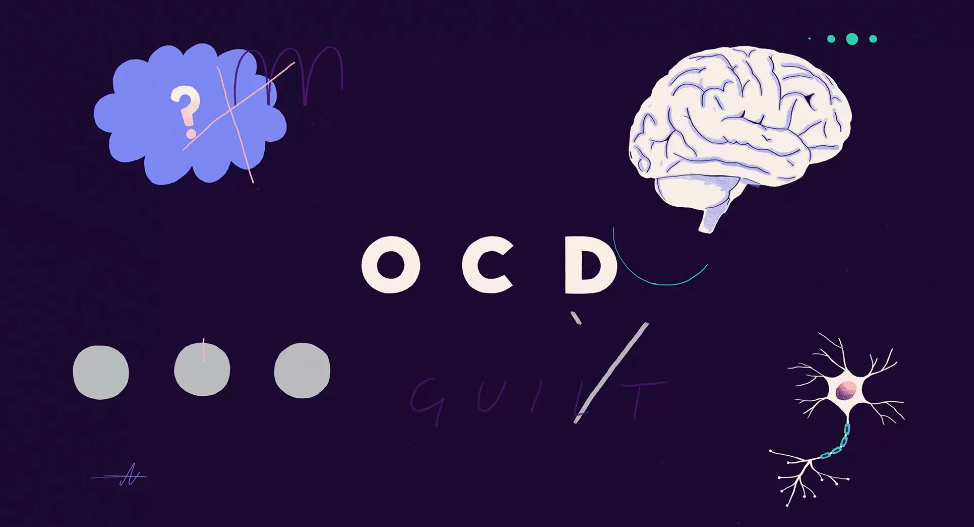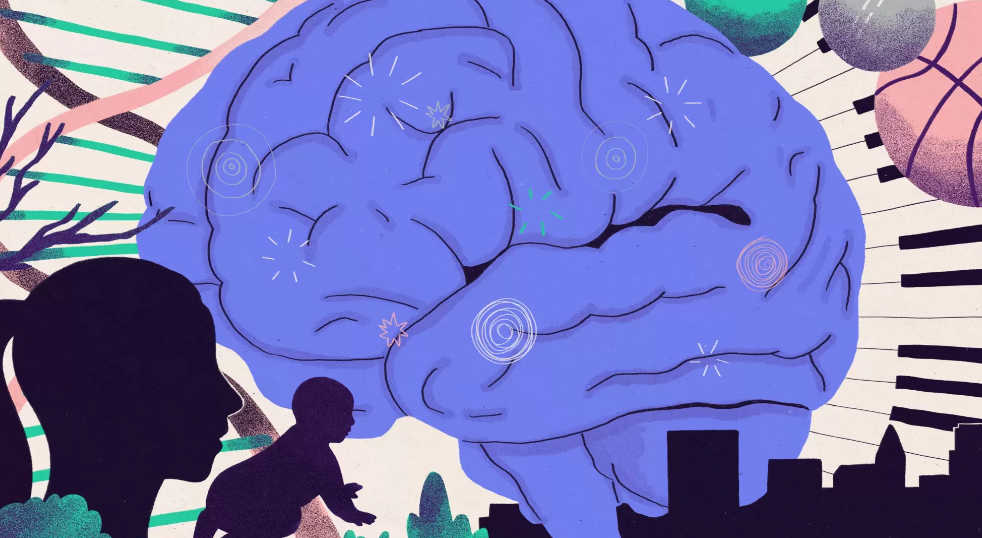OCD and the Brain: co-producing an online toolkit
OCD and the Brain brought together people living with Obsessive-Compulsive Disorder (OCD), University College London (UCL) researchers, OCD charities, and facilitators. They shared experiences of OCD, discussed the brain’s role in OCD, and aimed to make the latest brain research on OCD more accessible and relevant for those affected.
A case study from Joanne Thomas, Public Engagement Manager, Wellcome Centre for Human Neuroimaging.

People with lived experience of OCD were at the heart of this project: they were central to the project design, collaborated with researchers in creative workshops to exchange ideas, and were part of a team co-developing an engaging online toolkit throughout its development. Together the team co-created a resource that they hope will be accessible and useful to the OCD community as well as towards shaping future research in this area. The project was funded and supported by:
- UCL’s Wellcome Centre for Human Neuroimaging
- Max Planck UCL Centre for Computational Psychiatry and Ageing Research
- The International OCD Foundation (IOCDF)
- OCD Action
- Creative Facilitator, Rachel Bower
- Boyle & Perks
- Numerous participants with lived experience of OCD
- University of Tübingen
Purpose
This project aimed to hold a space where people living with OCD could come together with people researching OCD to share experiences, take a closer look at the role of the brain in OCD, and make the research in this area more accessible and relevant to the OCD community. The collective set out to create an online toolkit that would share what we know about OCD and the Brain, as well as helpful resources and information about the project and team behind it.
Background
The project came about due to a recognition, by the research team at UCL, that there was a disconnect between the OCD research agenda and the lived experience of OCD. The team concluded that their research likely didn’t resonate or feel relevant and/or accessible to those with lived experience of OCD. As a result, the team committed to exploring ways of taking a co-production approach with those living with OCD, to understand how to better align future research with the needs of the community, and also to co-create helpful OCD resources.
Approach
This project was underpinned by interdisciplinarity, co-production, and intergenerational representation from start to finish. Creative methods were used to produce workshops that were relevant and allowed safe spaces for participants to share their ideas and experiences.
The use of creative workshops followed by focus groups also ensured that a good number of ideas and volume of input were allowed for, followed by refinement of the final toolkit. The involvement of research centres, OCD charities, and community participants with lived experience of OCD or of providing support for those living with OCD, meant that the direction of this body of work had wide-ranging and relevant input.
Evaluation
The project was evaluated in a number of ways. Feedback was collected throughout the workshop sessions and via an in-depth survey at the end, gathering feedback on people’s experiences to inform the project and future work.
Debriefs were held with the researchers to determine how to grow capacity in public engagement, and to identify how to better support the researchers in this kind of work. Feedback was also gained throughout the Community Gatekeeper sessions, where the group obtained iterative feedback during the co-production of resources to continuously improve them.
Lastly, the team evaluated the success of the final resources via launch events and the response from the participants and partners involved as well as the wider OCD community.
Some of this evaluation is shared in videos in which members of the research team, charity partners and Community Gatekeepers reflect on the process.
Legacy
The co-produced resources will be kept up-to-date, and there is an agreement between the research team and charity partners to review content on a regular basis. The project was designed with this kind of ‘future editing’ in mind to ensure the resources could stand the test of time, but are also adaptable.
The website (including animation) has also been translated into German, which has opened it up to more people. The research team and charity partners are also committed to continuously sharing this work at conferences, events, and via many other communication channels with the research and OCD communities.
Find out more and get in touch
To find out more about OCD and the brain, email Professor tobias.hauser@uni-tuebingen.de or visit the project website:
